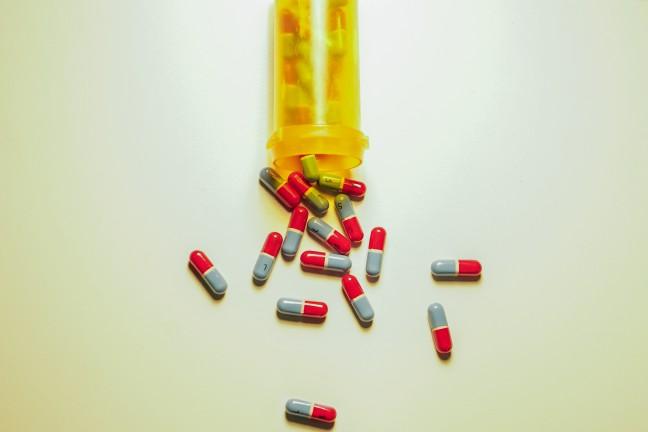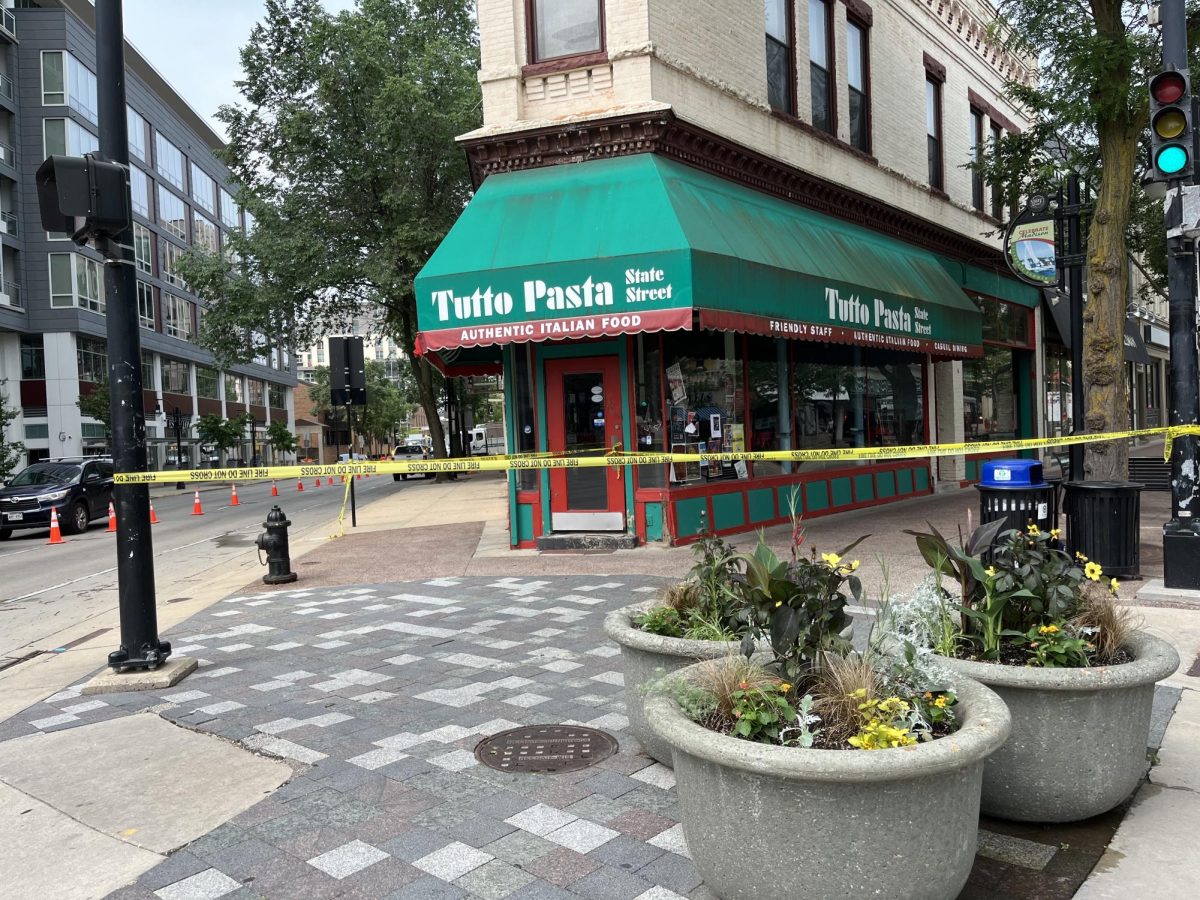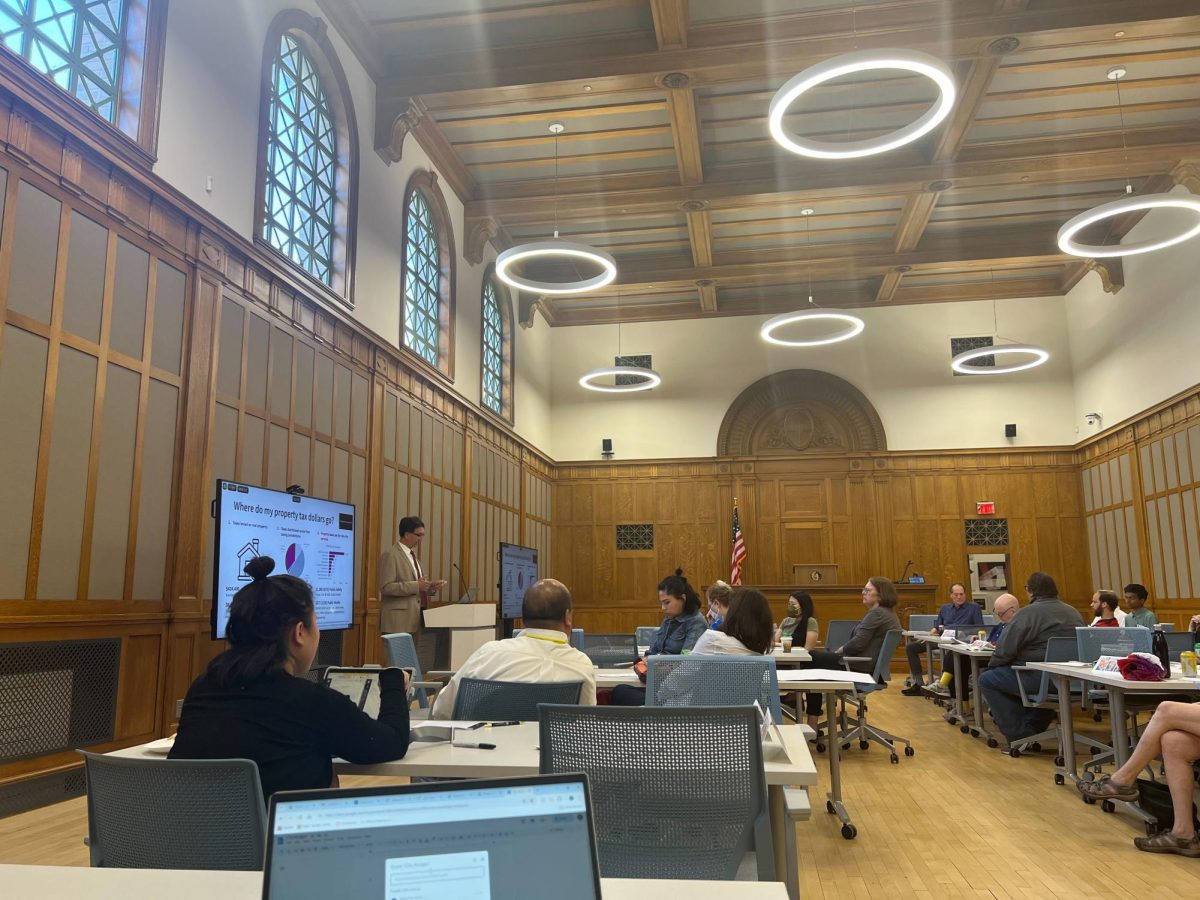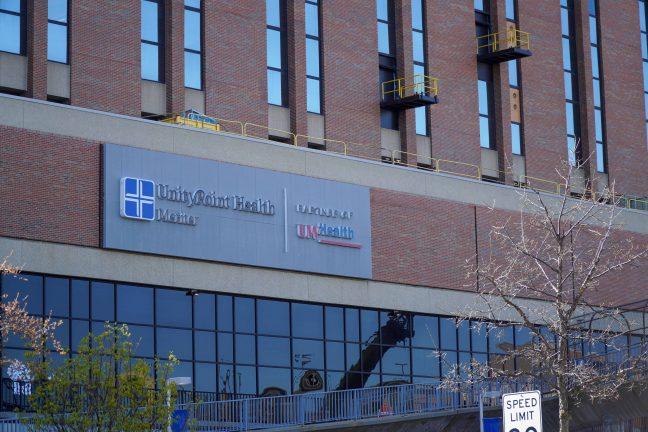When Madison resident Shawn woke up in the hospital on Sept. 1, she didn’t know what she was going to do.
Shawn, who asked we only use her first name, had just had her third overdose on heroin within the month and was looking at three years in prison. But when two Madison Police Department officers came to see her in the emergency room, her future started to look up.
“At first, I was addicted to pain pills, and was trying to get off of them,” Shawn said. “So I used heroin a few times to get off it and those few times it about killed me. The first time I went to the ER, the second time I got lucky and the third time God saved me.”
The two officers gave Shawn a ticket and informed her of a new MPD initiative called Madison Addiction Recovery Initiative.
The MARI Program is a prediversion program that allows for eligible people to maintain a clean record if they comply with the program requirements, MPD Captain Cory Nelson said. The crimes eligible include possession of heroin, possession of drug paraphernalia, retail theft, theft from auto, prostitution and family-related burglary.
If the person is committing these crimes to support an opiate habit, they are eligible to be referred if they are not on probation. Similarly, if they are out on bail, they may still be eligible for referral. The individual is then offered an opportunity to enroll in the program instead of being criminally charged, avoiding a formal charge on their criminal history.
“If they successfully complete the treatment requirements —which are individualized — and do not commit any crimes for six months, then the criminal charges are never filed,” Nelson said. “After six months, they are encouraged to continue to treatment but their legal obligation to us is over.”
When someone is referred to the program, they are in charge of contacting Connections Counseling, a partner of MPD. The person will then be set up with a coach who has been through a similar situation as them, Nelson said.
For Shawn, now one of the first graduates, the partnership with a coach was the most helpful part of the program.
“My thing with the MARI program was my coach,” Shawn said. “She was nonjudgmental because all the coaches are recovering addicts too. She understood where I was coming from, and it was nice to have that person to call when I needed to. I think I would have gotten through it OK, but it would have been a lot harder than it was if I had not gotten my coach.”
University of Wisconsin assistant professor Aleksandra Zgierska has been with the MARI program since its beginning and said that appreciation for the coaching program is echoed throughout all graduates so far. Zgierska is also part of the board of directors for the Wisconsin Society of Addiction Medicine.
Zgierska said many of the graduates believed the support from coaches was so helpful because they had been through the same situations and were free of judgment.
“One of them said that ‘it was if an angel was given to me.’ So having support from a person who walked in their shoes has also been affected by addiction and is now in recovery was very important for the program,” Zgierska said.
MPD officers prevent potential suicide at University Avenue apartment building
For the city of Madison, however, one of the biggest benefits of the MARI program is the effort to decrease the worsening opioid crisis, Zgierska said.
MPD responded to 143 known overdoses involving heroin and nine deaths in 2016. These numbers increased in 2017 with 259 known overdoses and 34 deaths.
As of January and February 2018, MPD is aware of 34 known overdoses and five deaths, according to MPD Chief Mike Koval’s blog.
“What we think is happening is that we have a large group of people who have an addiction, and who don’t have a good way to enter treatment because we are also lagging behind the nation in the amount of treatment we provide,” Zgierska said. “The problem is much bigger than the MARI program, however, it is working to fix it.”
According to the Center for Disease Control and Prevention’s Trends in Emergency Department Visits for Suspected Opioid Overdoses, opioid overdoses in people ages 11 and up increased 109 percent in Wisconsin alone, compared to the 29.7 percent in the U.S.
Zgierska also mentioned that while there are programs similar to the MARI program around the U.S., it is one of the only prediversion programs, as offenders get only a ticket instead of going to jail.
Shawn believes this aspect of the program is more helpful than other programs, as there is no rehabilitation effort in jail.
“[Jail] doesn’t give them the techniques and coping skills on how to get through those bad days and things that make you want to use again,” Shawn said. “Everybody makes mistakes, nobody is perfect, it’s completely embarrassing, but what you’re doing today could kill you tomorrow.”


















